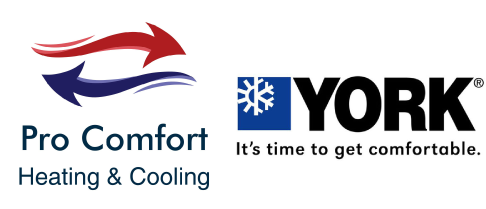Dealing with HVAC problems in the thick of summer can be a nightmare. A broken HVAC system is a big problem for any New Haven homeowner. It’s important to act fast when you first notice an issue, whether it’s short-cycling or leaking, or you’re at risk of more extensive and costly HVAC repair.
It helps to have some understanding of how to identify and troubleshoot HVAC problems on your own. Today, we’ll give you a hand with this HVAC troubleshooting guide.
Different issues have different symptoms. Some things you can deal with by yourself, while other things require professional help. The first step is identifying the issue, so keep reading and learn how to approach HVAC care the right way.
Leaking
If your indoor AC unit is leaking, it could be any number of problems. The most common of these is that you’ve got a blockage in your condensate drain line.
Dirt and debris can accumulate as water flows through the drain line, which causes water to collect and overflow in the drain pan. If the drain pan is cracked or rusted, it can cause leaks as well.
You may also have dirty air filters, which can cause your evaporator coils to freeze. When they thaw, it’ll seem like the unit is leaking. It’s important to perform regular maintenance, change your filters, and keep your unit clean to avoid leaking.
Noises
Your AC unit will make some noise when it starts up, but any excessive noise is likely an issue with your fan motor. The fan motor is the thing that pushes cool air through your duct system to regulate your home’s temperature.
It’s possible that dust and debris trapped on the fan can cause it to make more noise. In all likelihood, however, you’ll need to contact a professional to inspect and potentially replace the fan.
Short-Cycling
Short cycling occurs when your AC unit shuts down before it completes the cooling cycle. The most common causes for short cycling are dirty air filters and frozen evaporator coils.
Your air filters need to be changed at least every 30 days. This simple task may fix your short cycling. If it’s your evaporator coil, shut your unit down and wait for it to thaw before turning it back on.
Thermostat Not Working
Your thermostat is how you tell your HVAC unit what to do. If this breaks down, you could end up with fluctuating temperatures or a system that won’t activate.
Most thermostats run on batteries and when these get low, it’s common to experience some HVAC mishaps. Try replacing the batteries first, but if that doesn’t work, it’ll be important to contact the pros to get a more accurate picture of what’s going on.
Your HVAC Troubleshooting Guide in New Haven, IN
This is a solid HVAC troubleshooting guide to get you started. If you’ve got a broken HVAC unit, you can use these tips to figure out what the issue is and potentially fix it yourself. In the event your HVAC problems are more extensive, you need professional help.
At Pro Comfort Heating & Cooling, we take pride in providing HVAC maintenance and repair to the greater New Haven, Fort Wayne, and Indianapolis areas. Contact us today to schedule your maintenance and keep your AC unit working well this summer.






